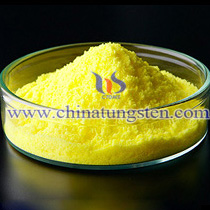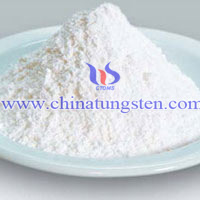

Contamination effects on soil density fractions from high N or C content sodium polytungstate
Sodium polytungstate (SPT) is currently the material of choice for soil density fractionation (DF).
We recently detected high levels of N in several types of commercially available SPT (0.74–1.4 mg g−1), raising a concern that undesirable chemical effects on soils may occur during the DF procedure. To address this concern, we conducted two experiments to examine effects of SPT on C and N in the resulting soil fractions. First we suspended A-horizon material from three soil types of greatly differing mineralogy for 24 h in solutions containing three types of commercially obtained SPT and commercial SPT that had been passed through cation exchange resin columns. We compared %C, %N, 15N and 13C values in treated and untreated soils. We also spiked SPT with tracer-level 15NH4 + to measure potential NH4 + absorption by the soil fractions. Results suggest that the N-rich commercially available SPT can have a considerable effect on δ15N values, likely due to the presence of 15N-enriched NH4 + in the SPT. In one of our soils, 15N enrichment of 3‰ was observed associated with overnight soaking in N-rich SPT (0.74 mg g−1). By contrast, when using SPT with low levels of N (0.05 mg g−1), no significant changes in 15N were observed. The remaining soil (after suspension and rinsing) was similar in %C, %N, 15N and 13C to the untreated bulk soil, suggesting that suspension of soil in SPT with low N levels purchased from the manufacturer or else through treatment with cation exchange resins does not greatly alter these variables. Low-N SPT is available commercially although it must be specifically requested from the manufacturer and is currently more expensive to purchase. Our results confirm that SPT tested and known to be low in C and N (<0.06 mg g−1) does not adversely contaminate soils during the soil density fractionation procedure. If using newly purchased or recycled SPT with higher N or C levels than this, we recommend thorough testing for possible contamination effects prior to use. However we caution against using SPT that contains N or C levels >0.5 mg g−1.
If you have any other question or inquiry of Sodium Tungstate, please feel free to contact us through the following methods:
Email:sales@chinatungsten.com sales@xiamentungsten.com
Tel.: +86 592 5129696/86 592 5129595
Fax: +86 592 5129797
More Info>>
Tungsten Products
Tungsten Powder

 sales@chinatungsten.com;
sales@chinatungsten.com;